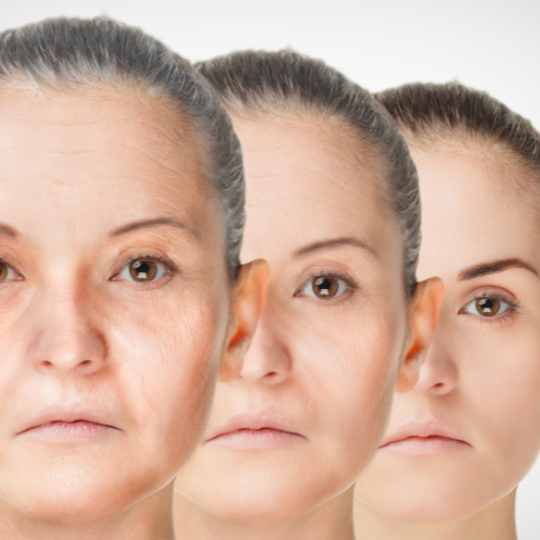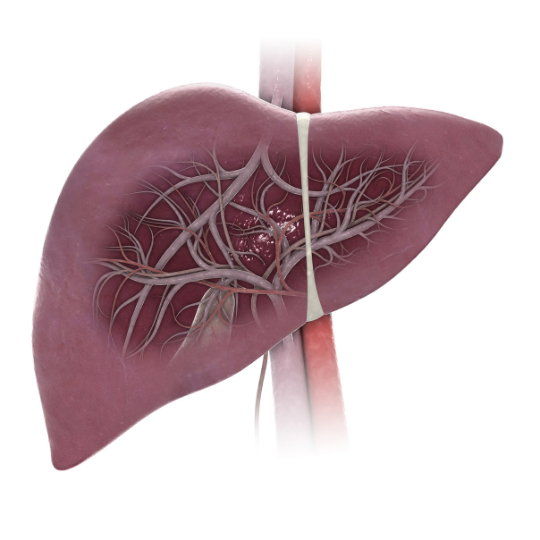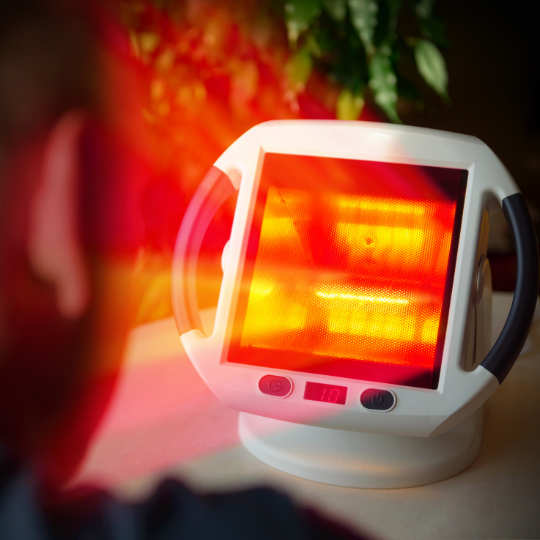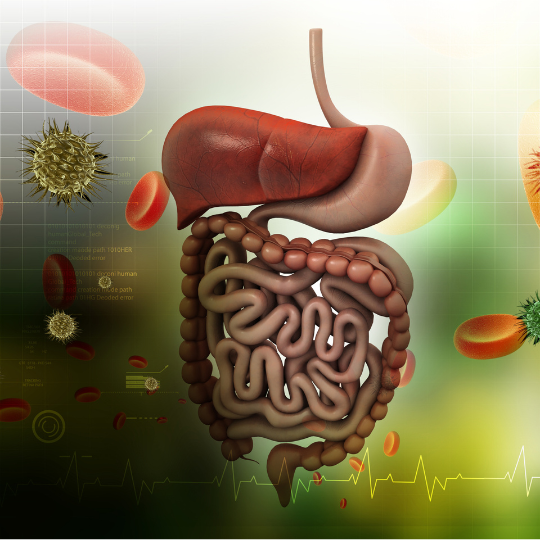Sirtuins, also known as SIRTs, are a family of enzymes that play important roles in various pathways within the human body. There are seven known sirtuins in humans, numbered SIRT1 to SIRT7, involved in a variety of processes, including metabolism, the stress response, and aging. Sirtuins in particular have been demonstrated to possess antioxidant capabilities that shield cells from damage brought on by free radicals.
The Magnificent 7 Antioxidants
One of the primary functions of sirtuins is to regulate metabolism. SIRT1 and SIRT3, for example, play a role in the metabolism of fat, glucose, and cholesterol. They do this by modifying the activity of certain cytosolic and nuclear enzymes in the case of SIRT1 and mitochondrial enzymes in the case of SIRT3 respectively.

SIRT2 is another sirtuin that is involved in metabolism. It plays a role in the breakdown of glycogen in muscle cells, thus ensuring adequate energy production. Moreover, it has been demonstrated that SIRT2 is involved in the control of insulin sensitivity and possesses anti-inflammatory properties.
SIRT4 and SIRT5 are involved in the carbohydrate and protein related cellular energy metabolism: whereas SIRT4 has been shown to be involved in the regulation of insulin secretion, SIRT5 plays a role in the metabolism of amino acids.
Finally, in addition to their roles in metabolism, sirtuins also play important roles in the stress response and aging: while SIRT7 has been implicated in the control of gene expression, SIRT6 has been implicated in the repair of DNA damage.

SIRT Genetics & Resveratrol
Certain genetic predispositions, or SNPs (single nucleotide polymorphisms), can affect the antioxidant role of sirtuins in the body. For example, certain SNPs in the SIRT1 gene have been associated with an increased risk of obesity (rs3818292) and other metabolic disorders (rs3758391). Additional SIRT SNPs have been linked to a higher risk of age-related illnesses like Alzheimer’s or Parkinson’s disease, as well as overall longevity (the G477T marker of SIRT3).
To address these genetic predispositions and improve health and longevity, certain lifestyle, nutrition, and supplement interventions may be helpful:
- a healthy diet, rich in fruits, vegetables, and other antioxidant-rich foods, alternated with periods of fasting, can help support the antioxidant role of sirtuins in the body
- exercise and stress management techniques, such as yoga and meditation, may also be helpful
- finally, certain supplements, such as resveratrol, have been shown to have sirtuin-activating properties that can impact cognition, plasticity and neurodegenerative disorders.

However, in order to determine the adequate nutrition, fasting, exercise and supplemental regimens, customized to your unique genetic make-up, it is important to speak with a healthcare provider or nutrigenetic counsellor. In our genetic and metabolic optimization approach, we take you through a detailed analysis journey, where we uncover every key aspect of your health and longevity optimization process.









